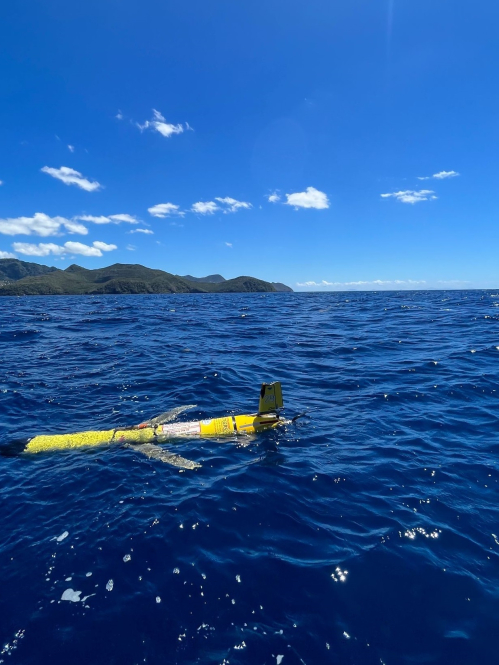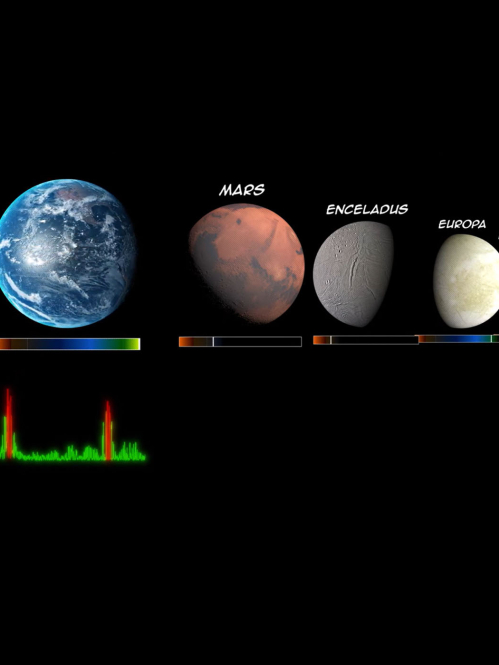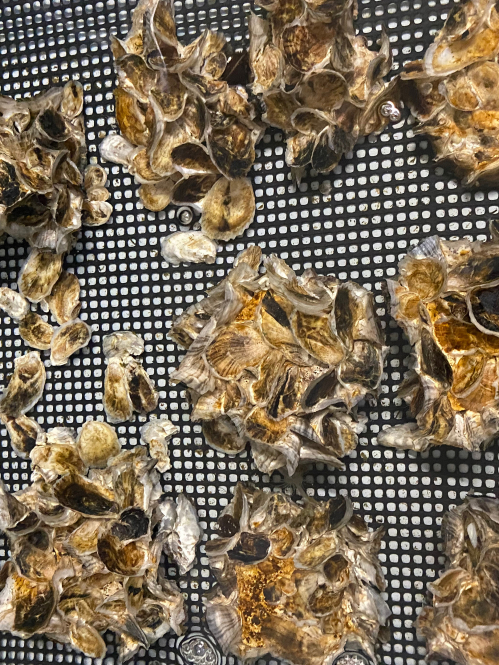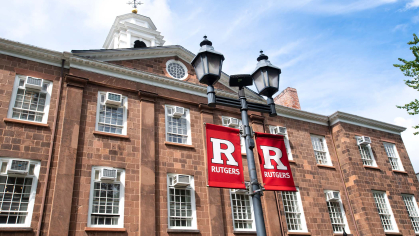In 1862, Rutgers became one of America's original Land-Grant institutions, setting up a foundation for excellence in research, education, and community engagement. Today, the Rutgers research enterprise holds grant institution designations in land, sea, and space, tackling society's biggest challenges in agriculture, ocean and climate studies, outer space-related research, biobased energy, and more.
Rutgers became New Jersey’s land-grant university through the Morrill Act of 1862, which granted federally owned western lands that could be sold to fund instruction in practical agriculture, science, and engineering. This mission was later expanded by the Hatch Act of 1887, which established Agricultural Experiment Stations for scientific research, and the Smith-Lever Act of 1914, which created Cooperative Extension programs to bring university-based knowledge to communities across the state. Together, these acts form the foundation of Rutgers’ land-grant status.
» Learn more about Rutgers' Land-Grant designation
As a member of the National Sea Grant College Program, Rutgers plays a key role in the New Jersey Sea Grant Consortium. This network promotes research, education, and policy development focused on the conservation and sustainable use of coastal and marine resources.
» Explore New Jersey Sea-Grant initiatives
Rutgers is a proud member of the New Jersey Space Grant Consortium (NJSGC), NASA’s educational arm in the state. Through NJSGC, Rutgers supports NASA’s mission by advancing STEM education, research, and outreach in partnership with academia, industry, and government.
» Discover Rutgers' Space-Grant programs














